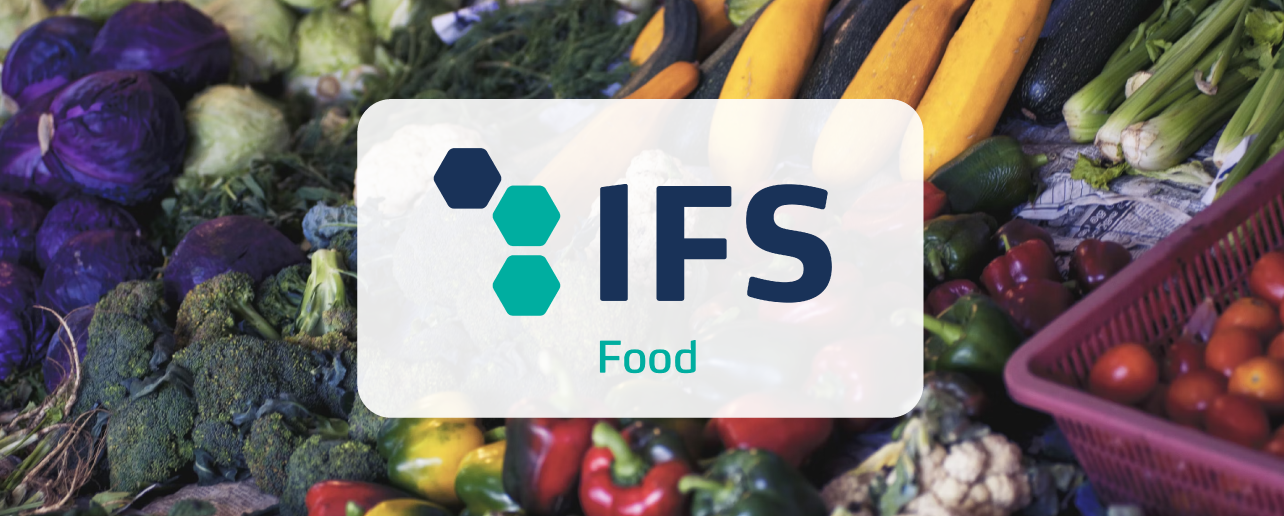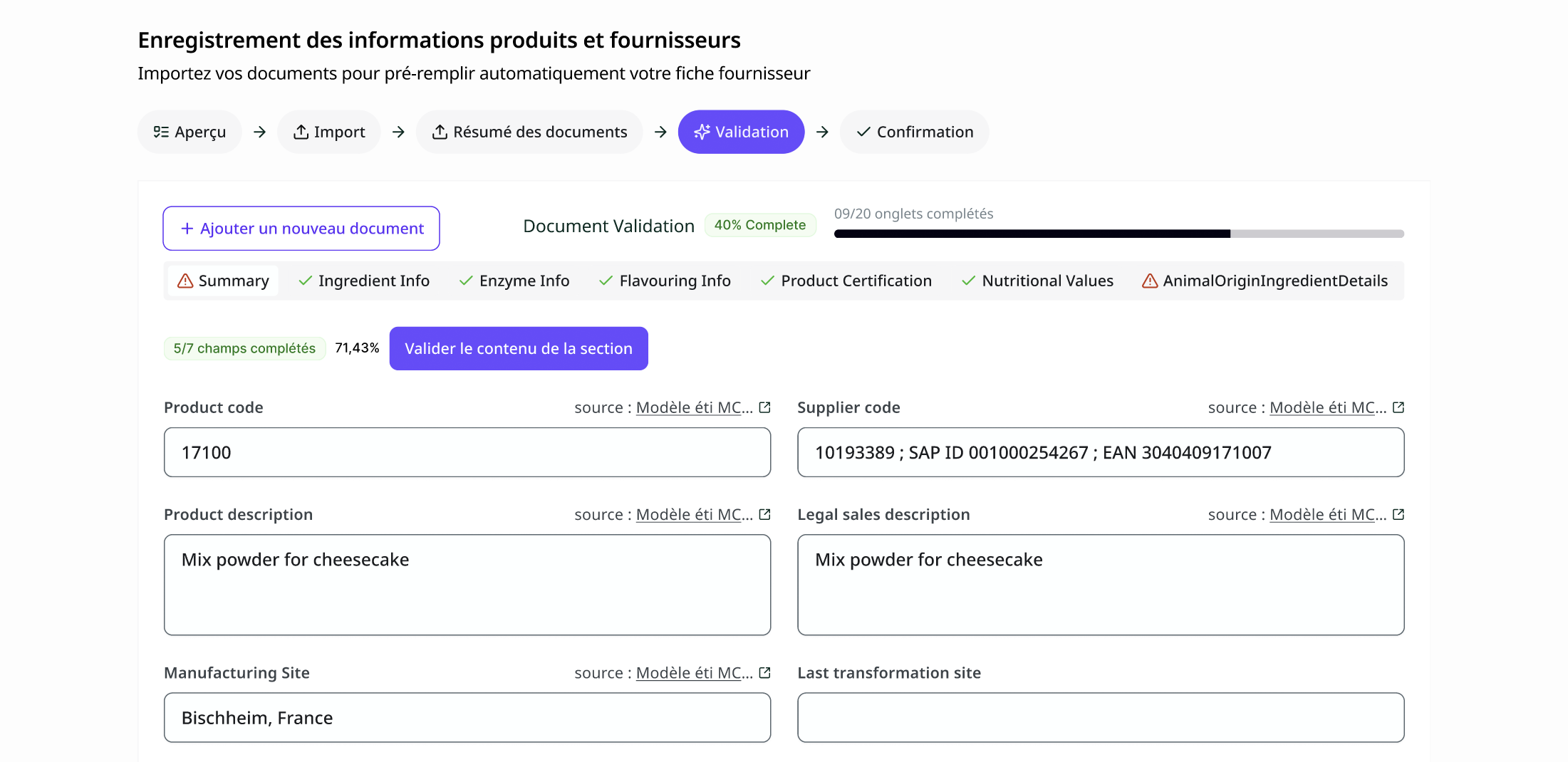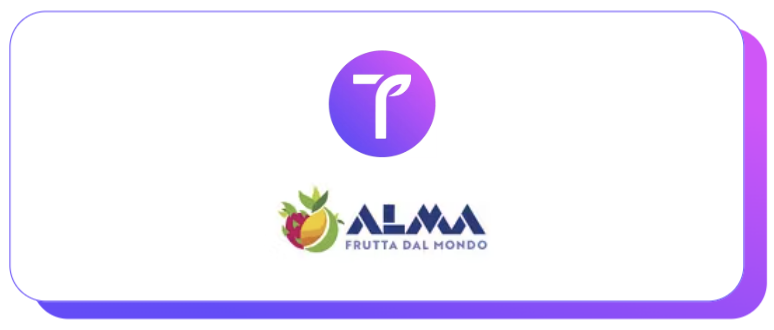Obtaining IFS Food certification: A strategic lever for food companies
In a market where food safety is a major concern, obtaining a recognized certification such as IFS Food has become a strategic challenge for companies in the agri-food sector. This demanding but beneficial approach reinforces the trust of partners and consumers while improving internal practices. Learn why certification is important, how to prepare for it, and how tools like Tracklab (www.tracklab.co) can simplify the process.

Obtaining IFS Food certification: A strategic lever for food companies
In a market where food safety is a major concern, obtaining a recognized certification such as IFS Food has become a strategic challenge for companies in the agri-food sector. This demanding but beneficial approach reinforces the trust of partners and consumers while improving internal practices. Learn why this certification is important, how to prepare for it, and how tools like Tracklab (www.tracklab.co) can simplify the process.
Why pass the IFS Food certification?
The IFS Food (International Featured Standard Food) certification is an international standard for food safety and quality. It is particularly suitable for companies involved in the processing or packaging of food products.
The advantages of IFS Food certification:
- Access to new markets : Large distribution chains, catering and manufacturers often require IFS certification to collaborate with their suppliers.
- Enhanced risk management : Certification imposes rigorous controls, reducing risks related to food safety.
- Optimization of internal processes : Compliance with IFS requirements promotes effective resource management and continuous improvement.
- Building credibility : An IFS Food certified company is perceived as reliable and professional, which improves its reputation in the market.
The steps to get IFS Food certification
Obtaining IFS Food certification requires rigorous and methodical preparation. Here are the main steps to follow:
1. Analysis of the requirements of the standard
The company should start with a thorough analysis of the criteria of the IFS Food standard. This includes understanding the requirements for safety, quality, and traceability.
2. Internal diagnosis
An internal audit makes it possible to identify the differences between current business practices and the requirements of the standard. This is a crucial step in establishing an action plan.
3. Compliance
Once discrepancies have been identified, it is necessary to implement corrective actions:
- Staff training on best practices.
- Updating or creating procedures and documents.
- Equipping teams with digital tools to centralize and automate document management.
4. Certification audit
The company uses an accredited certification body for an external audit. This assesses whether the company meets the requirements of the IFS Food standard. If successful, the certification is issued for a period of 12 months.
5. Maintaining certification
The certification must be renewed annually through follow-up audits. This means maintaining ongoing compliance throughout the year.
The costs associated with IFS Food certification
Passing the IFS Food certification is an investment, which varies according to several factors:
- Audit fees : Around 2,000 to 5,000 euros, depending on the size of the company and the number of sites.
- Training and advice : Allow between 5,000 and 15,000 euros to train staff and receive specialized support.
- Compliance : These costs depend on necessary adjustments, such as the purchase of equipment or the implementation of new systems.
- Management tools : The use of digital solutions like Tracklab can represent an initial investment, but these tools allow significant savings in the long term.
On average, the total budget to obtain IFS Food certification can vary between 20,000 and 50,000 euros.
How Tracklab helps manage IFS Food certification
Tracklab (www.tracklab.co) is a platform designed to support companies in managing their compliance with standards such as IFS Food.
The advantages of Tracklab:
- Documentary centralization : The platform automatically brings together and updates all the necessary documents, whether they are supplier sheets or internal protocols.
- Real-time tracking : Tracklab makes it possible to constantly check the compliance of practices with the IFS Food standard, thus avoiding surprises during audits.
- Automating reminders : Thanks to personalized alerts, businesses can anticipate deadlines (e.g. renewal audits, regulatory updates).
- Time saver : By reducing the administrative burden associated with certification, Tracklab frees up quality teams to focus on tasks with higher added value.
Conclusion
Obtaining IFS Food certification is an essential step for food companies wishing to stand out in a competitive market and meet the growing expectations of consumers and partners.
While the process can be demanding, it is a strategic investment, both in terms of risk management and business opportunities. Tools like Tracklab make it much easier to manage this certification, allowing businesses to focus on their core business while ensuring ongoing compliance.
Simplify your management
Free your teams from reminders and spreadsheets. Track your compliance in real time, at scale.






